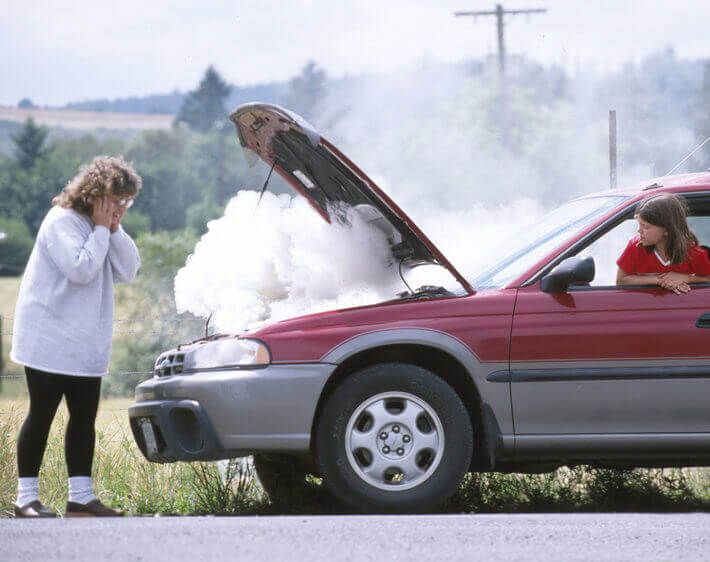One of the most common yet alarming issues car owners face is an overheating engine. When the engine temperature rises beyond normal levels, it can lead to serious damage if not addressed promptly. Overheating can occur suddenly and without warning, but understanding its causes and solutions can prevent costly repairs and dangerous breakdowns.
Causes of Overheating
Overheating can be caused by various issues within the engine’s cooling system. The most common cause is a malfunctioning radiator, which is responsible for dissipating heat from the engine. If the radiator is clogged with dirt or debris, it can’t perform efficiently, leading to excessive heat buildup. A leak in the radiator or a damaged hose can also cause coolant to escape, reducing the cooling system’s effectiveness.
Another frequent cause of overheating is a failing thermostat. The thermostat regulates the flow of coolant, ensuring that the engine maintains an optimal temperature. If the thermostat gets stuck in the closed position, coolant cannot circulate properly, causing the engine to overheat. Similarly, a broken water pump will prevent the coolant from circulating through the engine, further exacerbating the problem.
Low levels of coolant are also a significant contributor to overheating. If there isn’t enough coolant in the system, there is less liquid to absorb the heat generated by the engine. Coolant can leak out of the system over time, or the coolant level may drop due to evaporation or poor maintenance. In addition, the condition of the coolant itself matters. Old or degraded coolant loses its ability to regulate temperature effectively, leading to overheating.
Consequences of an Overheated Engine
Ignoring an overheating engine can lead to severe and costly damage. The first warning sign is often the temperature gauge rising into the red zone, accompanied by steam or smoke from under the hood. If you continue driving with an overheated engine, you risk damaging critical engine components such as the head gasket, pistons, and cylinders. A blown head gasket is one of the most expensive repairs, as it can cause coolant and oil to mix, resulting in engine failure.
In the worst-case scenario, prolonged overheating can overheating car cause the engine to seize entirely, which may require a full engine replacement. This is not only expensive but also potentially unsafe, as a seizing engine can cause a sudden and complete breakdown, putting you at risk of an accident.
How to Prevent Overheating
Prevention is the best approach to avoid the dangers of an overheating engine. Regular maintenance is key to ensuring your car’s cooling system is functioning properly. Checking the coolant levels, hoses, and radiator for leaks or damage should be part of your routine car care. If the coolant is dirty or old, replacing it can help the cooling system work more efficiently.
Additionally, the thermostat and water pump should be inspected periodically to ensure they are in good working order. If you notice any signs of overheating, such as a rising temperature gauge or strange smells, it’s crucial to stop the car immediately to prevent further damage.
Driving habits also play a role in preventing overheating. Avoid aggressive driving, which puts unnecessary strain on the engine. In hot weather, take extra care by ensuring the air conditioning system is working well, as it helps cool the engine. If you notice your car is frequently overheating, it’s essential to get a professional mechanic to inspect it for underlying issues.
In conclusion, overheating is a serious car problem that can lead to costly repairs and safety risks. By understanding the causes and maintaining your vehicle properly, you can avoid the dangers of an overheating engine and ensure a long lifespan for your car. Regular checks, careful driving, and prompt action when signs of trouble arise are the best ways to keep your car running smoothly.

